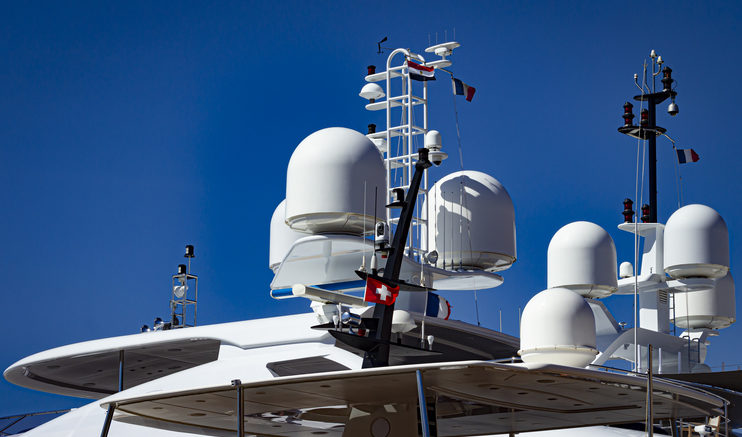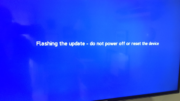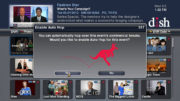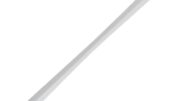Let’s face it. People love having satellite TV on their boats. Why wouldn’t they? It’s less expensive and more reliable than satellite internet. You can get US satellite TV 50-100 miles off shore, where cell service and over-the-air antennas don’t work. And, of course, it’s a way to get hundreds of channels of entertainment. It’s perfect for evenings spent in the cabin or rainy days spent indoors. If you spend a lot of time on your boat, you want satellite TV.
But what about traveling internationally?
This one goes out to those people who get on their boats for months at a time. Or, maybe, for the people who run those boats for the people who can afford to be on them. For this crowd, it’s very possible that you might venture far enough away from the US that you will want to use a different satellite service. Doing that isn’t hard, but it does take some knowledge. Once you’re fully educated, it becomes easy.
Here are some questions you might be asking about international marine satellite.
Can I use the same equipment?
First the good news. Generally you can use the same TV no matter where you travel. That wasn’t always true, but it’s true today thanks to modern HDTV technology. You don’t need to worry about antique broadcast standards. Your satellite TV will work on the TV you have, as long as it’s less than about ten years old.
However, you will need a different satellite receiver once you travel outside the US. Some countries use a system called Freeview that uses a common satellite receiver. Mostly you find that in Europe. In the west, you’ll need a different satellite receiver for each country. In some cases they’re going to look very similar, but you can’t use one country’s receiver in another country.
If you shop smart, though, you should be able to use the same satellite antenna anywhere in the world. Intellian and others make satellite TV antennas that work pretty much anywhere you can get satellite TV. It’s just a matter of planning ahead and buying the right one, since upgrading a satellite antenna generally means throwing it out and getting a different one.
Then there’s the matter of the stuff between the antenna and the receiver, and that’s the subject of the next question.
Do I need to change out wiring when I go from country to country?
In most cases the answer is going to be “no.” You should be able to use the same cables no matter where you are. That’s a good thing, too. You don’t want to go tearing into that stuff while you’re at sea.
In general, though, you will need to change out something called a “multiswitch.” The multiswitch does the hard work of distributing satellite signals throughout the boat. It’s a small device generally about the size of a laptop. You can keep more than one multiswitch in your boat, and when you change to a new satellite TV system, you just disconnect one and connect a different one.
Generally, outside North and South America you will use the same sort of multiswitch. However, most western countries have different multiswitches for different countries. Again they may look and act the same but they are not going to be interchangeable.
If you’re considering something like this you may want to choose a DISH satellite system for your US viewing since it’s a little more like the international standards and therefore a little easier to work with. Either way, though, DIRECTV or DISH, it isn’t much trouble to swap out multiswitches and receivers when you go international.
Can I use an A/B switch and just flip a switch instead of changing equipment?
I hate to say it but the answer is “no.”
There are A/B switches out there that look like they would work for something like this. Sometimes they will even work for a little while with satellite. But, they’re not designed for it and sooner or later you’re going to run into a problem. I don’t recommend using A/B switches at all when you’re using satellite TV. Just disconnect things and reconnect them. I know it’s not as easy as flipping a switch but it’s really not a huge issue unless you’re in a huge boat. And if you are, you probably have an engineering staff.
Want to know more?
You’ve come to the right place. Signal Connect does more marine activations than anyone else in the world. We’ve got the know-how to make it easy for you. We’re your partners and we’ll help you get exactly what you need. In some cases we can even help you source stuff from overseas and get it delivered straight to your boat.
Call the experts at Signal Connect during East Coast business hours. The number is 888-233-7563. During business hours, you can even use the chat button at the lower right of this article. If it’s after hours, fill out the form below and we’ll get right back to you!





